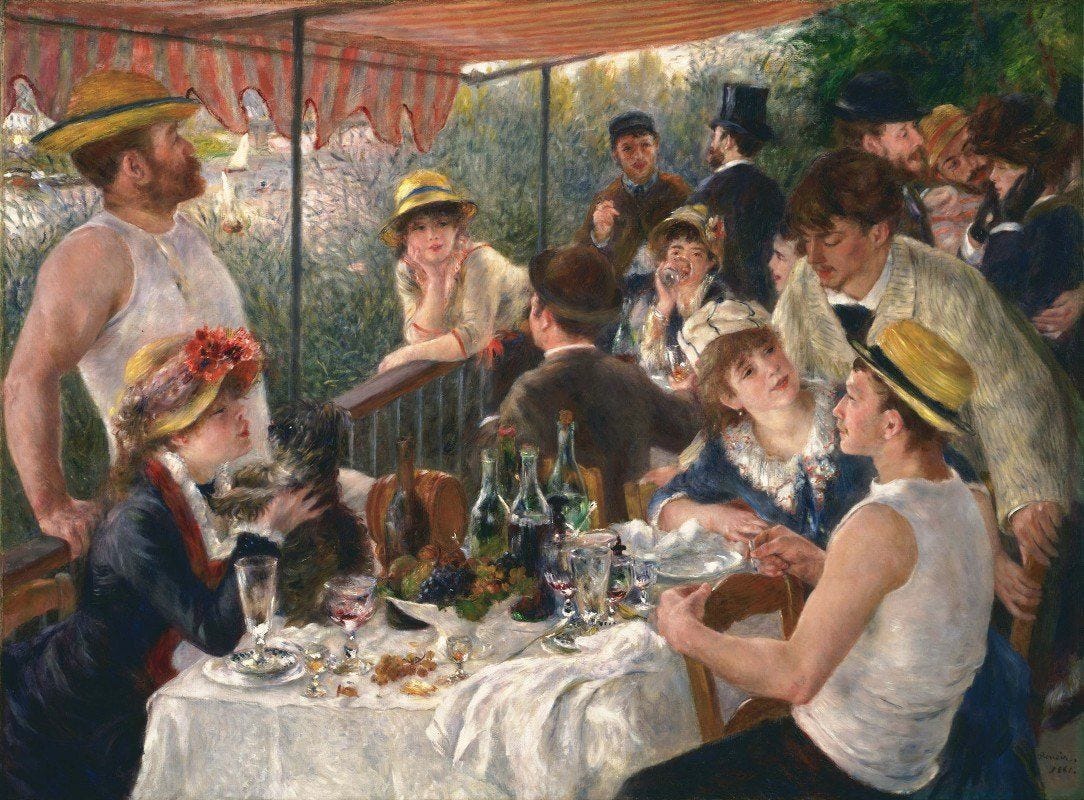The Unserious Generation
Why does it feel like we’re not up to facing the crises before us?
The sense that we are living through a pivotal historical moment is overwhelming. As the country sat on tenterhooks while the Supreme Court heard arguments in Dobbs v. Jackson Women’s Health Organization last week, Matt Continetti was marveling at the apocalyptic tone with which most coverage treated the case that could finally overturn Roe v. Wade. He …
Keep reading with a 7-day free trial
Subscribe to Wisdom of Crowds to keep reading this post and get 7 days of free access to the full post archives.




